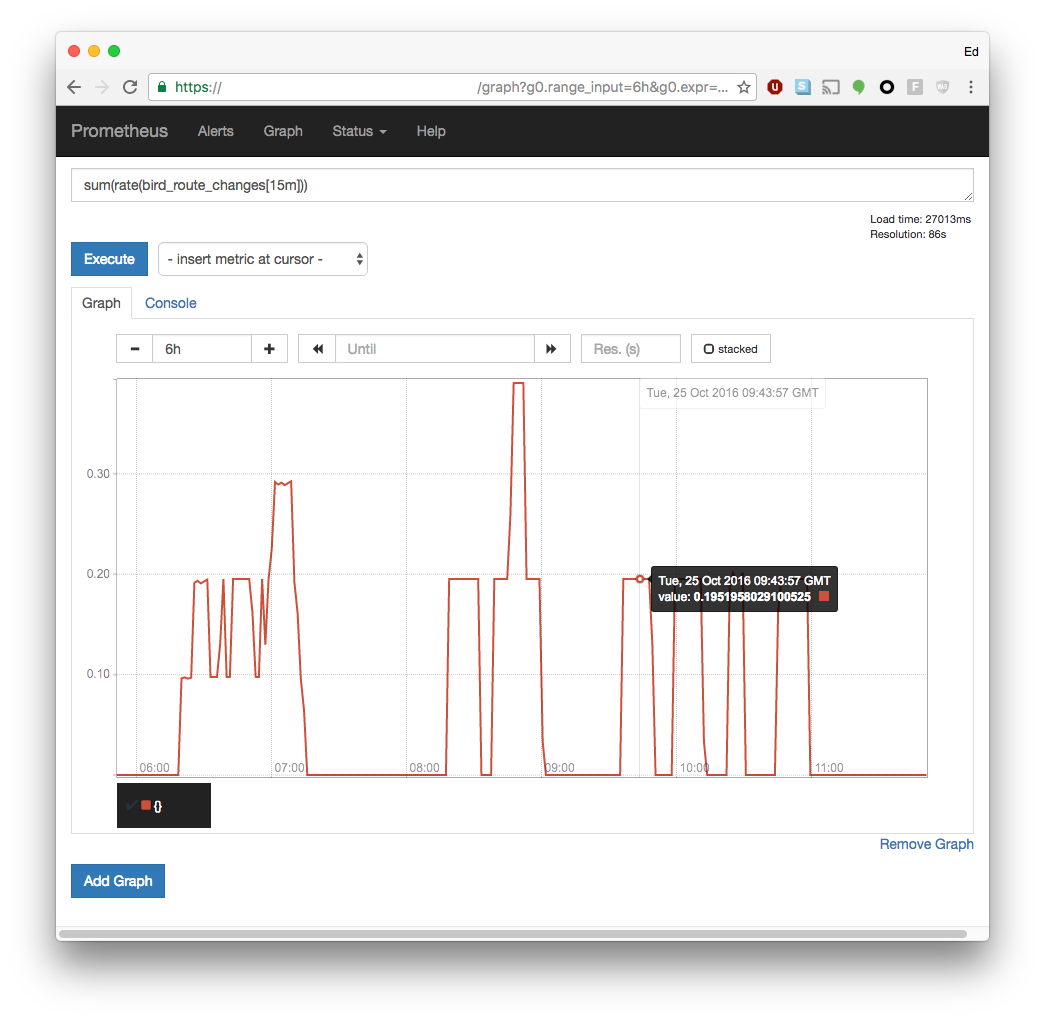At Kumina, we’re strong users of the Amazon AWS cloud computing platform. We’ve been using EC2 instances for quite some time and are currently working on expanding this by making use of Kubernetes. To further optimise our solutions, we’ve developed a new utility called awssyncer, which is as of now available on GitHub! awssyncer is a utility written in C++ that uses Linux’s inotify to keep track of local modifications to a directory on disk. The purpose of this utility is to use these inotify events to determine which files need to be synced back into S3. This utility thus provides continuous one-way sychronisation from local disk to S3. A simple container startup script is used to sync files from S3 to local disk on startup. Though we realise that this utility is fairly specific to our situation at hand, we do invite all of you to give it a try.
More...
 October 28th, 2016
October 28th, 2016
 September 16th, 2016
September 16th, 2016
 April 29th, 2011
April 29th, 2011
 April 13th, 2011
April 13th, 2011